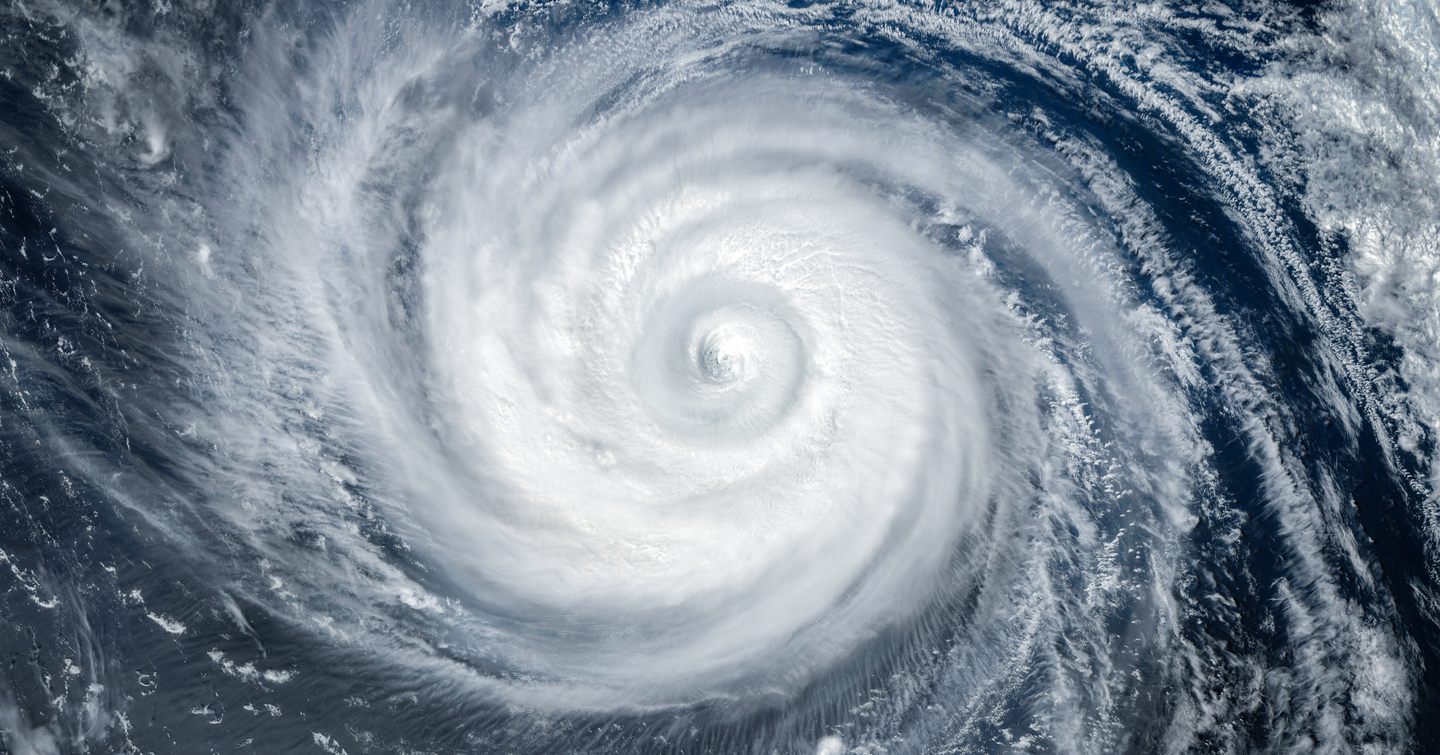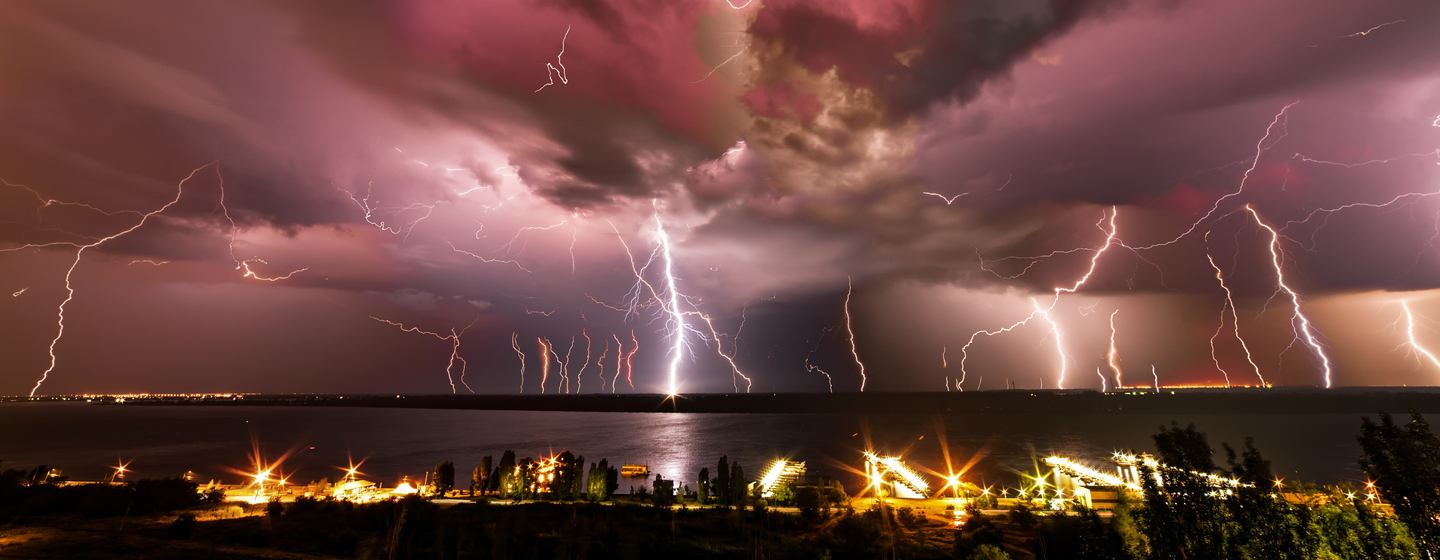For an event or circumstance to qualify as force majeure, it must be unforeseeable.
Including a force majeure clause in a yacht sales contract safeguards both buyers and sellers from disruptions or delays in transactions caused by such unforeseen events.
- What is Force Majeure?
- The Requirement of a Force Majeure Clause
- Force Majeure in Yacht Sales: Important Definitions to Keep in Mind
- Understanding the UNCITRAL Model Law on Force Majeure
- What Force Majeure Doesn't Cover
- No Force Majeure Clause? Here's What Can Happen
- Force Majeure in Yacht Sales: Essential Contractual Protection
What is Force Majeure?
The concept of "force majeure" originated in French civil law as part of the Napoleonic Code. The term itself is derived from French and means "superior force," encompassing events beyond the control of either party, such as natural disasters like fires, storms, and floods, as well as governmental or societal actions such as war, invasion, or civil unrest.
Summary: Force Majeure in Yacht Contracts
| Clause Element | Definition | Yacht-Specific Example |
|---|---|---|
| Force Majeure | Contractual clause excusing performance due to unforeseeable, uncontrollable events | Storm prevents yacht from reaching delivery port on time |
| Typical Events Covered | Natural disasters, war, terrorism, pandemics, port closures | COVID-19 shutdown halts charter schedule |
| Non-Covered Events | Economic downturns, negligence, buyer's remorse, market shifts | Buyer lacks funds to complete payment—*not* force majeure |
| Effect on Contract | Delays or suspends obligations without penalty; may allow termination | Yard delays due to parts shortage result in delayed closing date |
| Key Drafting Tip | Clauses must be specific—vague or generic wording may be unenforceable | List exact events (e.g., "epidemic, embargo") in charter agreement |
| Proof Requirements | Parties invoking force majeure must show causal link to non-performance | Delivery delay must directly result from named event like port closure |
| Legal Remedy | Negotiated suspension, amendment, or termination of agreement | Charterer may reschedule dates or cancel without liability |



In simple terms, it's a clause in a yacht sales contract that provides guidelines if the agreement cannot proceed as planned, due to circumstances that neither the seller nor the buyer could control or be responsible for.
The Requirement of a Force Majeure Clause
In yacht sales, this clause protects both the yacht buyer and the yacht's seller against events that could disrupt or delay the transaction, affecting delivery schedules or payment terms.
In the realm of yacht sales contracts, the term holds significant weight, often appearing as a crucial clause. This legal concept, carefully explained by International Maritime Organization, acknowledges unforeseen circumstances that may prevent the fulfillment of contractual obligations.

For yacht buyers, force majeure clauses offer assurance that they won't be penalized if unforeseen events delay the completion of their purchase. Conversely, sellers are shielded from liability if factors outside their control affect their ability to deliver the yacht as agreed.
Given the international nature of yacht transactions, force majeure clauses help navigate potential legal complexities arising from differing laws and regulations across jurisdictions.
Force Majeure in Yacht Sales: Important Definitions to Keep in Mind
Force Majeure Definition
A force majeure clause is a contractual provision that frees parties from liability or obligation when an extraordinary, unforeseeable event prevents them from fulfilling the terms of the agreement.
Key Elements:
- Must be external to the parties
- Unforeseeable and unavoidable
- Renders performance impossible or impractical
Examples:
War, natural disasters, pandemics, strikes, port closures.
What Is Contractual Non-Performance?
This refers to a situation where one party fails to perform their legal duties under a contract, either partially or entirely, without lawful excuse. Non-performance due to force majeure may be excused; otherwise, it can trigger damages or termination.
Types:
- Material breach (serious failure)
- Minor breach (does not cancel the contract)
Example:
A seller failing to deliver a yacht on time due to negligence is non-performance. If a port closure causes the delay, it may be force majeure.
Act of God Definition
A legal term for a natural and unpreventable event (e.g., earthquake, hurricane) that is not caused by human action and may relieve a party from liability. It is often included in force majeure clauses as a standard example.
Key Traits:
- Natural origin
- Cannot be anticipated or prevented
- No human involvement
- Classified under natural risk categories in maritime insurance and liability clauses.
What is a Remedy Clause?
A remedy clause defines the course of action or compensation available to a party if the other party breaches the contract.
Functions:
- Establish rights to damages
- Allow for termination or renegotiation
- Detail cure periods and dispute processes
Types of Remedies:
- Monetary compensation
- Specific performance
- Cancellation
Example in Yacht Contracts:
If the seller fails to deliver due to non-covered force majeure, the remedy clause may allow the buyer to cancel and reclaim a deposit.


Understanding the UNCITRAL Model Law on Force Majeure
The UNCITRAL Model Law on Force Majeure is an internationally recognized framework that helps define when and how a party to a contract may be excused from performance due to exceptional events. Developed by the United Nations Commission on International Trade Law (UNCITRAL), it is particularly relevant in cross-border contracts, including yacht sales, charter agreements, and delivery contracts.
What Does the Model Law Say?
The UNCITRAL Model Law provides that a party is not liable for non-performance if they can prove that:
- The failure was due to an impediment beyond their control,
- The event could not reasonably have been foreseen at the time of the contract, and
- The consequences of the event could not have been avoided or overcome.
This aligns closely with how force majeure is understood in international maritime and commercial contexts.
Relevance for Yacht Transactions
In the context of yacht contracts:
- A builder may be excused for delayed delivery due to export bans or port closures.
- A charter provider may invoke force majeure if crew movement is restricted by international sanctions or epidemics.
The buyer or charterer may also be excused if a force majeure event makes acceptance or possession impossible.
UNCITRAL emphasizes objective standards—not just inconvenience, but actual impossibility or extreme impracticability.
Legal Protection Across Jurisdictions
The Model Law is designed to be globally harmonized, meaning its principles apply across jurisdictions that adopt or recognize UNCITRAL guidance. This is especially helpful for yacht contracts involving:
- Offshore ownership structures
- International deliveries
- Cross-border charter operations
To align with UNCITRAL standards, yacht contracts should explicitly define covered events and include notification requirements and proof standards. It's also important to clarify the remedies (e.g., suspension, renegotiation, or termination).
What Force Majeure Doesn't Cover
Force Majeure does not cover:
(a) financial distress or the inability of either party to make a profit or avoid a financial loss,
(b) changes in market prices or conditions, or
(c) either party's financial inability to perform its obligations.
The above is within the control or responsibility of either party and does not constitute a force majeure, which is often colloquially referred to as an 'act of God'.
No Force Majeure Clause? Here's What Can Happen
If a yacht sales contract does not have a force majeure clause, the parties involved may face significant challenges if unforeseen events disrupt their obligations. Without this clause, there is no predefined legal framework to excuse or mitigate delays or failures in performance due to events beyond their control.
As a result, the yacht buyer and the yacht seller may have to rely on other legal doctrines, like frustration of purpose or impossibility, which can be more difficult to prove and less predictable.
- Frustration of Purpose: This occurs when an unforeseen event undermines the principal purpose of the contract, making it meaningless for one party. For instance, a yacht is bought to enter a specific race, as stated in the contract. Due to unforeseen political unrest, the race is canceled. The primary purpose of the purchase is void, allowing the yacht buyer to claim frustration of purpose to void the contract.
- Impossibility: This happens when it becomes objectively impossible for one party to perform their contractual obligations due to unforeseen events. For example, if a yacht is destroyed in a storm before it can be delivered, fulfilling the contract becomes impossible.
This lack of protection can lead to disputes, potential financial losses, and increased legal costs as each party may be held to their original obligations despite circumstances that make fulfilling the contract impractical or impossible.
Force Majeure in Yacht Sales: Essential Contractual Protection
It is generally advisable to include a force majeure clause in a yacht sales contract.
This clause helps to clarify how such events will be handled, including whether obligations can be suspended or terminated without penalties if the situation warrants.
Looking for yachts for sale? Make sure to avoid troubles by using YachtBuyer curated selection of listings—each one carefully vetted for authenticity, build quality, and operational history. Whether you're searching for a performance cruiser, a long-range explorer yacht, or a proven charter vessel, our platform connects serious yacht buyers with reliable options from established builders. Start your search with confidence—every yacht for sale we feature meets our standards for transparency and accuracy.





